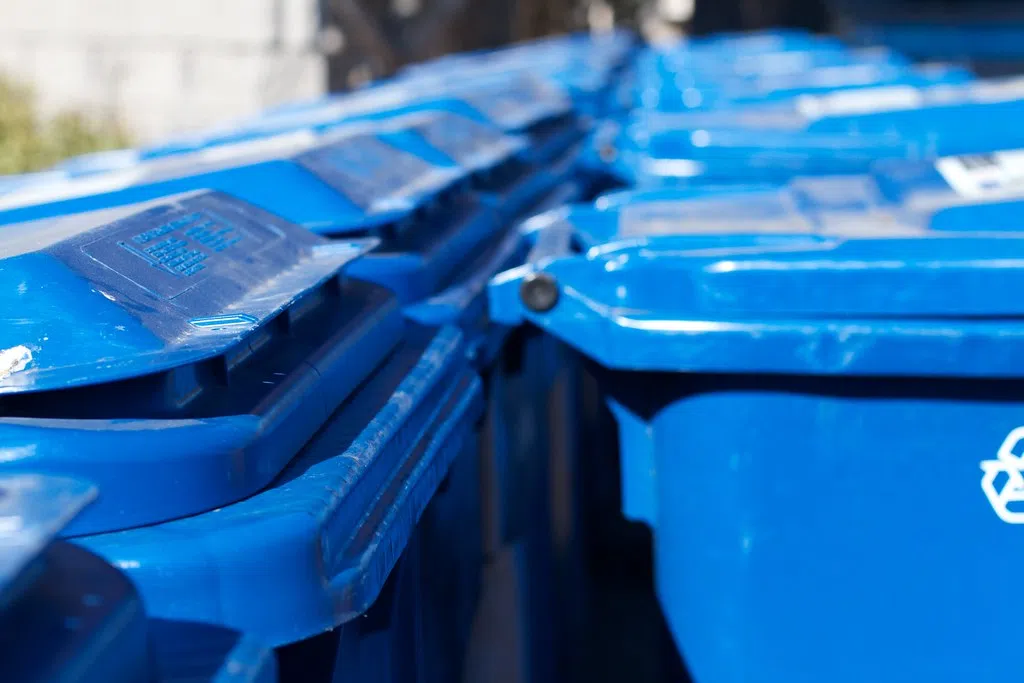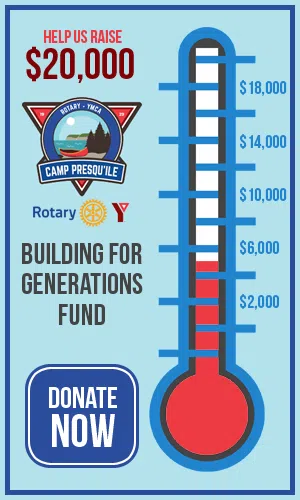Bruce County council received an update from staff and GEI Consultants Canada on different options for recycling and organics collection.
County staff has been working to find viable options for non-garbage waste collection since the province
Matt Nelson, senior project manager from GEI shared the different cost estimates for Source Separated Organics (SSO) and Individual Producer Responsibility (IPR) recycling collection.
GEI had run the cost estimates for collection for the entire county’s residential buildings, as well as just for urban areas.
Circular Materials Ontario (CMO) will be responsible for the collection of Blue Box materials as of January 1, 2026 from what are considered eligible sources.
However, there are still questions about how to handle commercial recycling, including what gets produced by rural homes, local businesses as well as municipally-owned facilities.
Nelson says that some municipalities are simply stopping collection for recyclable materials for commercial properties.
“The municipalities have a few option for how to deal with ineligible sources,” he explains. “One common way that’s being done in Ontario is for municipalities just stop providing that service. They would have commercial properties be responsible for their own [recyclables].”
He adds that such a prospect could be difficult for some areas of Bruce County.
“Some of the obvious problems with this are concerns about where that recycling material will go. So will it end up in the landfill, are people going to just mix their own recycling — small businesses in particular — take it and mix it in with their eligible sources at home or at different locations? In densely populated areas it’s also complicated because how does the collection contractor even know if [the recycling]’s from an apartment upstairs or from the business on the ground floor, for example.”
Members of council had concerns about specifics for cost to provide a collection service, but also what may happen for residents and business owners needing to separate organics in the name of waste diversion, or to have ineligible businesses having to find their own recycling collection.
“I’m just questioning the uptake,” Councillor Steve Hammell comments. “And what I’m seeing from residences and businesses in our community is just a movement to a big Dumpster and everything gets thrown in it, unfortunately. And I’m just worried that this is going to make it worse.”
The report also outlines the next steps toward the IPR Transition in 2026.
The contents of the memo will be discussed at the next Bruce County Waste Management sub-committee meeting on September 11th.






